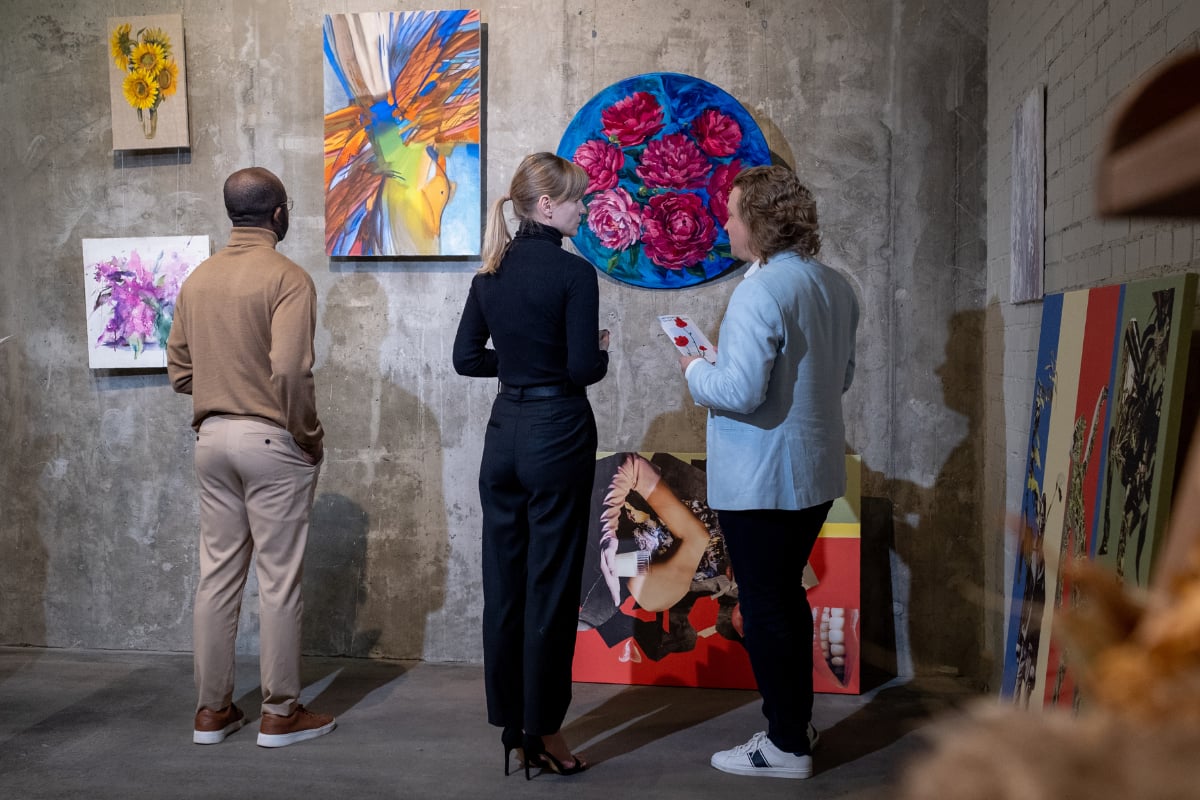
Photo: shironosov
Parliamentary committees moot alternatives for arts funding
Reports from cultural committees call for UK and Scottish governments to innovate new ways of funding arts and culture through the cost-of-living crisis.
Cultural committees advising the UK and Scottish governments are suggesting the adoption of new, innovative models to fund arts and cultural organisations to alleviate financial pressures.
Last month, Scotland’s Constitution, Europe, External Affairs and Culture Committee published its Funding for Culture report that said Scotland’s culture sector is facing a ‘perfect storm’ of its post-Covid recovery, the cost-of-living crisis and longer-term budget pressures.
“Our view is that this means there is an increased urgency for the Scottish government to accelerate consideration and implementation of an innovative approach to the funding of the culture sector,” the report said.
READ MORE:
- MPs urge new Arts Council England funding system
- Scottish Government: supporting arts 'incredibly challenging'
Its sentiments were echoed in a Culture Select Committee report published in October into cultural placemaking and the levelling-up agenda, that said urgent financial support is needed to protect the cultural sector from the ‘existential threat’ of the cost-of-living crisis.
Both reports put pressure on their intended audience – the Scottish government and UK government – to find new ways to support arts and culture organisations while the sector attempts to weather the consequences of fiscal tightening. But what are they suggesting?
Scotland’s Percentage of the Arts
One of the ideas promoted by Scotland’s cultural committee is a ‘Percentage of the Arts’ scheme.
The scheme would create a requirement for a percentage of the overall cost of a construction project for new public buildings, places or spaces to be spent on public art.
The suggestion has been backed by Festivals Scotland which has said the scheme could “reportedly be much more than Creative Scotland’s annual budget”.
According to the Scottish Government’s Programme for Government 2021-22, Holyrood intends to begin work on establishing the scheme. In April, an update said the government was in the initial stages of scoping this commitment and “taking into account analytical, regulatory and legislative considerations”.
Scotland’s cultural committee, made up of a cross-party coalition of members of Scottish Parliament, is now calling for an update from Scotland’s Cabinet Secretary on progress in establishing the Percentage for the Arts scheme.
Scotland’s Transient Visitor Levy (TVL)
Another suggestion put forward is a Local Visitor Levy Bill, which would create a discretionary power for local authorities to apply a levy on overnight visitor stays in local accommodation.
October’s report says this could apply in all or part of local areas to help fund relevant local activities and services, including arts and culture.
Organisations including Festivals Edinburgh and Community Leisure UK have suggested the scheme could provide ringfenced funding for culture, with the latter saying said such a levy would recognise “culture’s role in attracting tourists” and “the importance, therefore, of supporting culture to be able to continue to provide some of the world-class attractions that we have in Scotland”.
The Scottish Government has consulted on a TVL, with its analysis stating there was some support for a proportion of a levy to go towards placemaking, heritage or arts and culture activities.
A suggestion from the analysis mooted ringfencing a set proportion of the levy for arts and culture. Holyrood’s cultural committee is now asking the Cabinet Secretary to provide greater clarity in relation to how the proposed TVL might support the culture sector at a local level.
Their report said if such scheme is introduced, “consideration should be given to how the [cultural] sector could benefit”.
Improved funding system for England
Last month’s Culture Select Committee report suggested there should be a new model of funding in England to address geographical funding imbalances.
It said government needs to tackle funding imbalances for arts and culture if it is to fulfil its commitment to ‘levelling up’ across the UK.
It recommended the government and Arts Council England separate funding for national institutions from local and regional institutions and ensure national organisations have different conditions of public funding. This would prevent grassroots organisations in deprived areas missing out when in competition with more established institutions.
The report also said government should consider supporting arts and culture through means other than one-off funds and suggests sustainable public funding settlements and encouraging more private investment.
The report has received support from the creative industries. UK Music Deputy CEO Tom Kiehl said the “fantastic” report highlights the vital role the creative industries can play in post-pandemic recovery if given the right support.
“The UK music industry is well placed to help the government deliver on its ambitions when it comes to levelling up,” he added.
“However, we have the best chance of success if the government supports our sector by cutting the rate of VAT, reforming business rates and supporting British music exports.”
Join the Discussion
You must be logged in to post a comment.